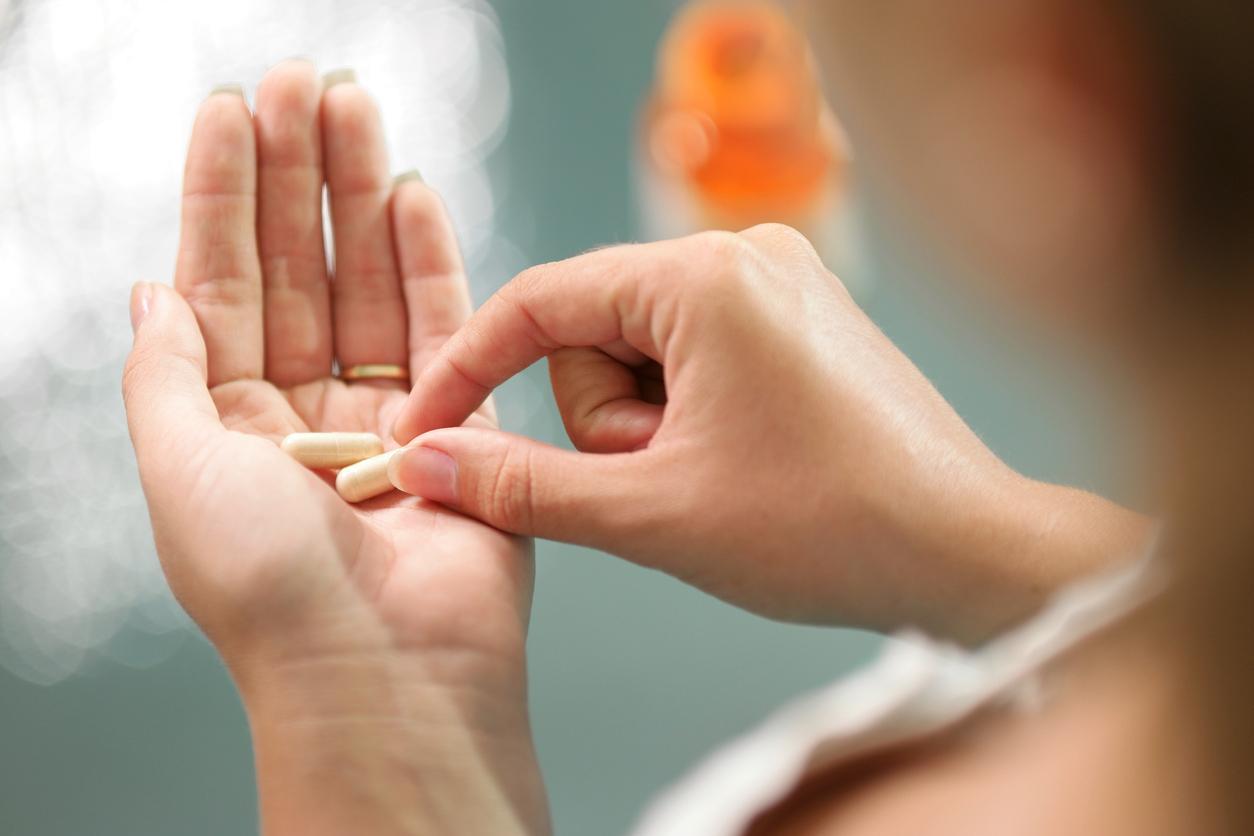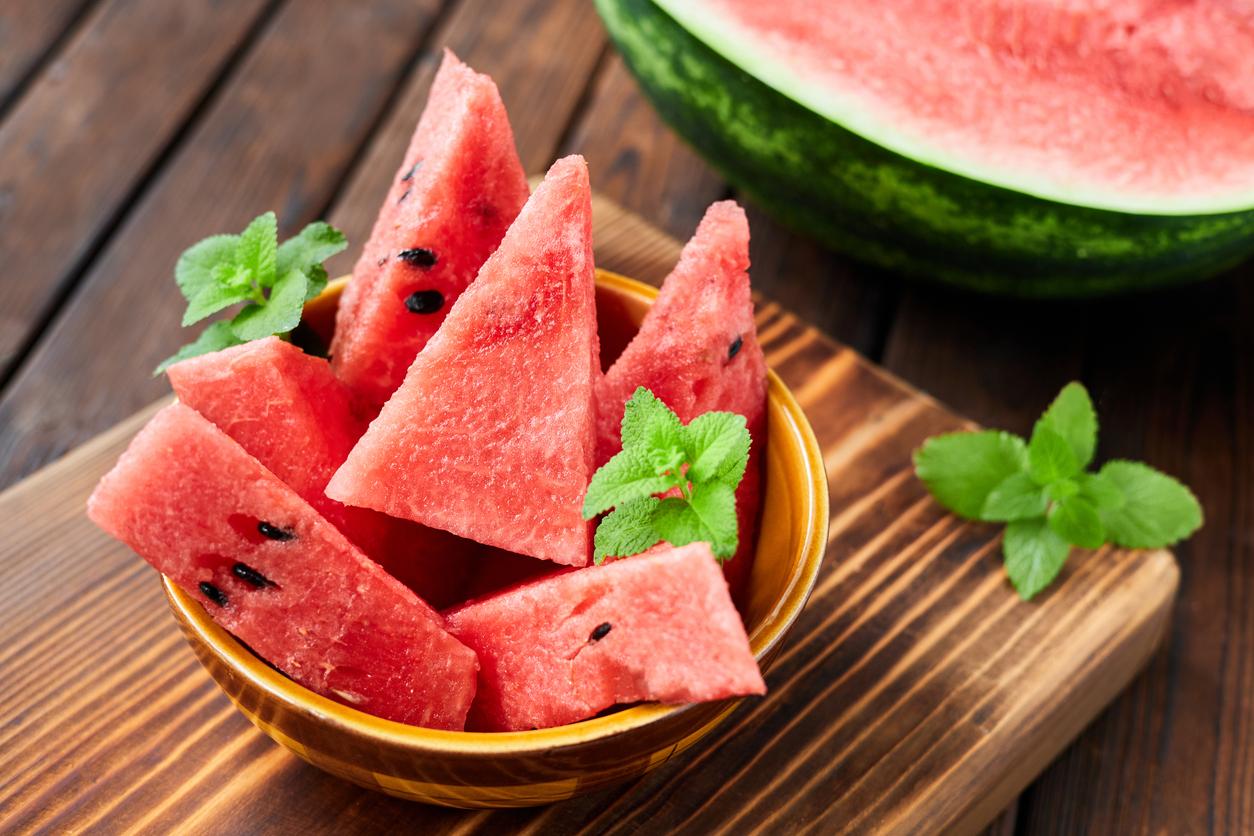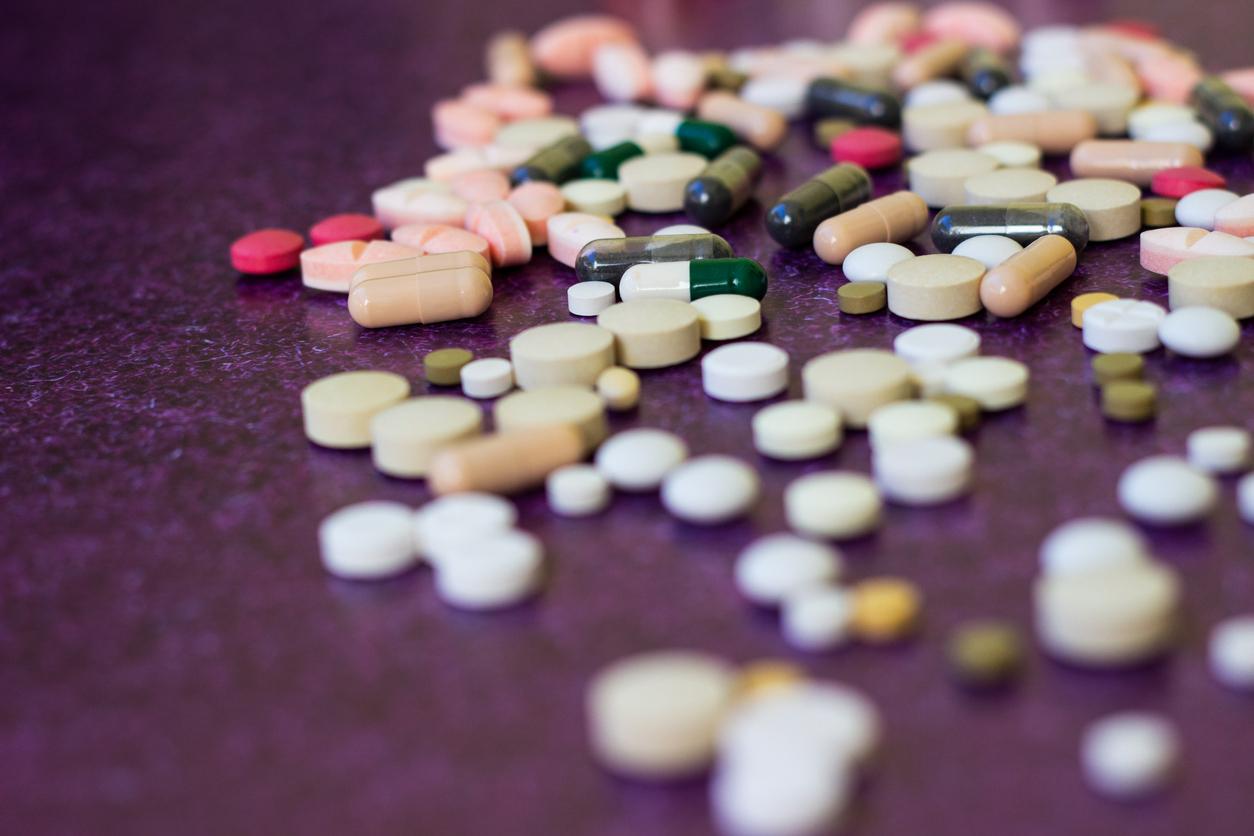Children should take their medicine, but parents should also learn how to give it better, and how to use the scoop spoons, to avoid overdose.

Small spoon or dose of medication, the choice of one or the other to give treatment to a child can have serious consequences. A study, published in the American journal Pediatrics, shows that the fact of giving a drug using something other than the measuring spoon which accompanies it, leads to errors on the part of the parents, and in particular to overdose.
Twice the risk
Researchers at New York University have followed 287 parents of children under the age of nine, who were prescribed a drug to be taken daily for two weeks.
In total, 41% of medication errors were recorded. But when you look into the detail and look at the means used by the parents to give the treatment to the child, the differences in overdose vary markedly.
Thus, 16.7% of parents used a tablespoon or teaspoon, and not the prescribed pod. The researchers showed that among the latter, the probability of making a mistake was twice as high as for parents using the measuring spoon present with the drug.
Side effects
These results are worrying insofar as a third of medication errors give rise to undesirable effects, according to the National Medicines Safety Agency (ANSM). This can be bothersome, but not serious (nausea, dizziness, digestive or respiratory problems) or more serious, and requiring the prompt intervention of a doctor.
Using the utensil supplied with the drug does not prevent errors, but limits the uncomfortable health consequences for the child, this is the message that this study aims to convey.
.















